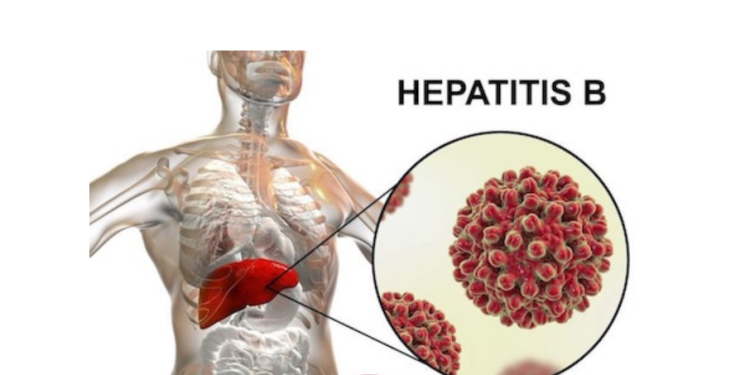The Director at the Directorate of Diseases Prevention and Control (DPC) in the Ministry of Health, Dr. Sulaiman Lakkoh has said that there is a steady increase in Hepatitis-B cases in the country in which 13.8% of people are living with Hepatitis-B. He added that the trend is scaring and called for urgent action by stakeholders to increase knowledge on the disease and prevention efforts. The infectious Diseases Specialist made the revelation at a stakeholders meeting recently held in Freetown.
Giving the global trend of the disease, Dr. Lakkoh said that 296 million people are living with Hepatitis B and that 58 million people are also living with Hepatitis C, adding that nearly 1.5 million people are dying from the complications of Viral Hepatitis, including liver cancer each year.
Explaining the epidemiology of the disease, the Infectious Diseases Specialist said that 13.8% people in the country are living with Hepatitis B and that this accounts across different age groups among the population.
While giving the distribution of the disease, Dr. Lakkoh said that 8.7 % people aged 15 years accounts for the disease as well as 15.8% aged 15-29 years and 16.6% aged 30-44 years. He further stated that 15.5% male accounts for the disease while that of their female counterpart stands at 11.4%.
Dr. Lakkoh educated that hepatitis is a disease of the liver caused by different conditions or agents, including hepatitis-B, causing liver cancer, adding that the mode of transmission include mother-to-child, sharing of contaminated sharps as well as unprotected sex and unsafe blood transfusion.
Talking on prevention, Dr. Lakkoh said that vaccination of the population against the disease is a valuable option, but current in Sierra Leon vaccination is done by private medical practitioners making it expensive for the ordinary Sierra Leonean. He continued that early screening of the disease can also help with prevention as the disease is treatable, especially for Hepatitis-A and C.
He also emphasized the need for vaccination of children at an early age, especially now that the Government through the Ministry of Health is planning to roll-out Hepatitis–B birth does for newborn in 2025. This will serve as an additional protection for children as there is already a conjugate vaccine that also provides protection of the disease in infants but the new vaccine is aimed at protecting children at birth within the first 24 hours.
The Infectious Diseases Specialist ended by calling stakeholders at all levels to do more with the required support so as to contain the spread of Hepatitis, which is largely preventable and protect the population from the diseases and needless death.
By Ibrahim Sorie Koroma, Senior Health Education Officer –HEP/MoH











